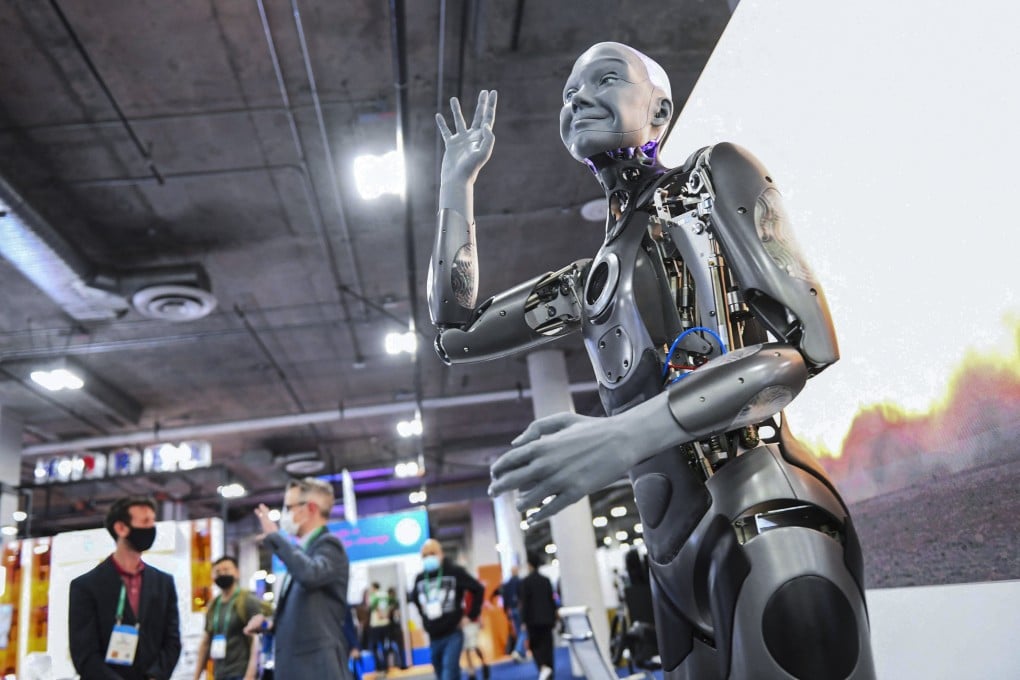The View | Europe’s AI regulation seeks a balance between innovation and risk. Is Hong Kong ready?
- As AI plays a greater role in people’s lives, the EU is looking to build on its data protection regulation and set a gold standard for trustworthy AI
- Formal legislation is a good start on building trust and confidence among users, something Hong Kong and the mainland can emulate

In recent years, we have seen many incidents where faulty data sets or improperly designed AI algorithms demonstrated biases that adversely affected certain portions of the population.
An AI health care risk-prediction algorithm used on more than 200 million people in the United States systematically referred white patients for extra medical care over black patients. Facebook’s AI advertising algorithm was found to be biased according to gender, race and religion.
Europe wants to change all that and make itself a hub for trustworthy AI. European spending on AI will reach US$22 billion in 2022, according to research firm IDC. Especially after Covid-19, European companies recognise the need for AI automation to improve business efficiency and digital resilience.
